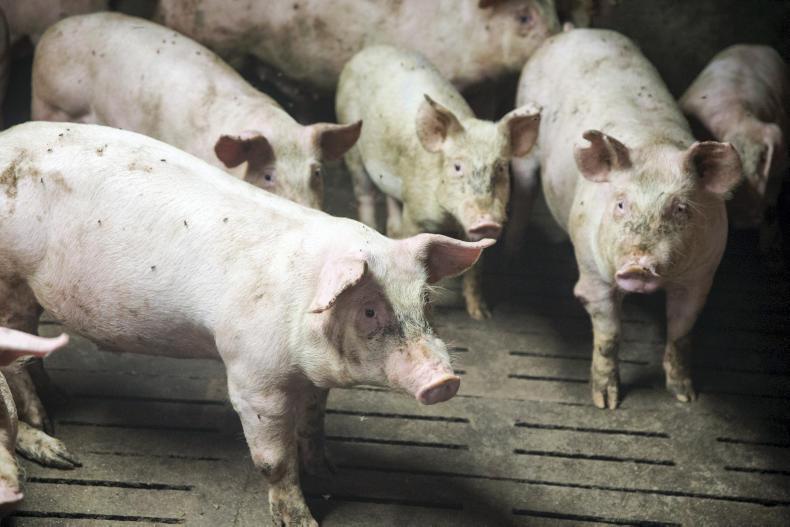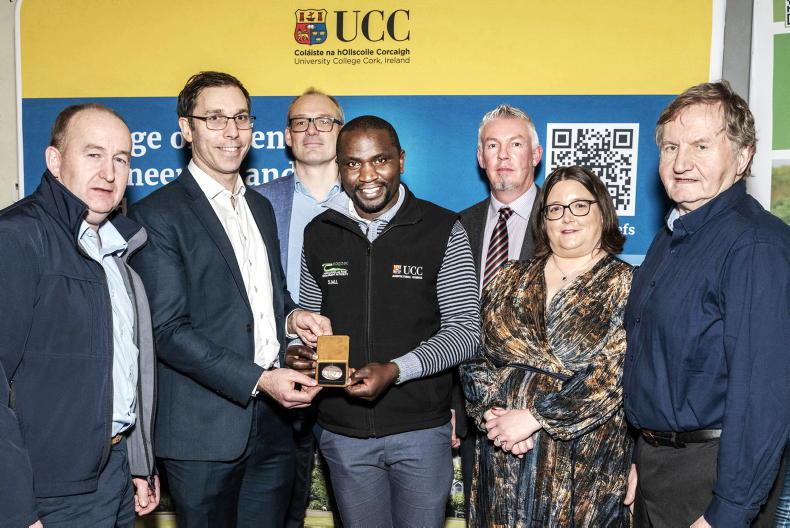In the five years since it was formed in 2012, the Agri-Food Strategy Board and its subsequent Going For Growth report, drove the agricultural and food policy agenda in NI.
But since 2017, it has barely received a mention as the focus has switched to climate change and greenhouse gas emissions, and damage done to sensitive habitats by ammonia.
While these issues, along with water quality, are significant environmental challenges into the future, it is noteworthy that Agriculture Minister Edwin Poots has managed to steer the debate slightly in recent weeks, with the concept of “green growth”.
He has made it clear that he believes that we can continue to grow our agri food industry while at the same time reducing emissions and generally improving our environment.
It is an important concept that farmers can buy into. The narrative for much of the last three years has been overly negative towards the agri-food industry, and that is not the way to encourage and drive change.
At the same time, it is also important to challenge a number of misconceptions that exist around the industry.
There were actually more cattle, sheep and pigs in NI 30 years ago than there are now, so it is not the case that the industry has intensified out of control.
There is also a perception that Going For Growth has added significantly to the environmental pressures facing agri-food. In hindsight, it was perhaps not appropriately named, as a lot of the report was about improving efficiency and adding value to our produce, not growth per se.
Perceptions
The only sector with a target to increase numbers was pigs. And since 2013, while there has been expansion in pigs and poultry, numbers in our main cattle and sheep sectors are largely unchanged. Too often, the perception put out about our industry simply isn’t true.
Read more
Coronavirus support for NI farmers announced
Poots sets out new 'green growth' plan
In the five years since it was formed in 2012, the Agri-Food Strategy Board and its subsequent Going For Growth report, drove the agricultural and food policy agenda in NI.
But since 2017, it has barely received a mention as the focus has switched to climate change and greenhouse gas emissions, and damage done to sensitive habitats by ammonia.
While these issues, along with water quality, are significant environmental challenges into the future, it is noteworthy that Agriculture Minister Edwin Poots has managed to steer the debate slightly in recent weeks, with the concept of “green growth”.
He has made it clear that he believes that we can continue to grow our agri food industry while at the same time reducing emissions and generally improving our environment.
It is an important concept that farmers can buy into. The narrative for much of the last three years has been overly negative towards the agri-food industry, and that is not the way to encourage and drive change.
At the same time, it is also important to challenge a number of misconceptions that exist around the industry.
There were actually more cattle, sheep and pigs in NI 30 years ago than there are now, so it is not the case that the industry has intensified out of control.
There is also a perception that Going For Growth has added significantly to the environmental pressures facing agri-food. In hindsight, it was perhaps not appropriately named, as a lot of the report was about improving efficiency and adding value to our produce, not growth per se.
Perceptions
The only sector with a target to increase numbers was pigs. And since 2013, while there has been expansion in pigs and poultry, numbers in our main cattle and sheep sectors are largely unchanged. Too often, the perception put out about our industry simply isn’t true.
Read more
Coronavirus support for NI farmers announced
Poots sets out new 'green growth' plan










SHARING OPTIONS